The pilots of Mission Aviation Fellowship (MAF) dedicate years of their lives to “bring help, hope, and healing to the ends of the earth.” Founded just after World War II, this non-denominational Christian humanitarian aid organization works to meet the physical, economic, and spiritual needs of people who are cut off from the outside world, “with little or no access to health care, education, supplies, and the hope of the gospel.” Motivated by their love of Christ, MAF aviators commit themselves for years at a time, to raise funding for their missions, to live—and sometimes raise their families—overseas, and to the rewards and risks of flying to help people in some of the most remote places on the planet.
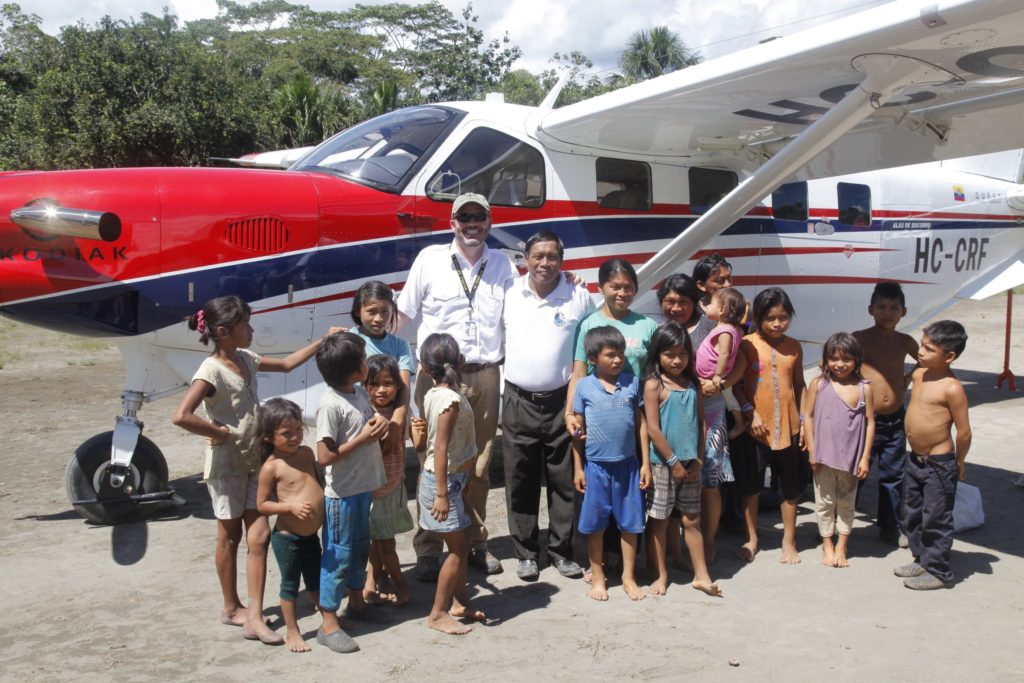
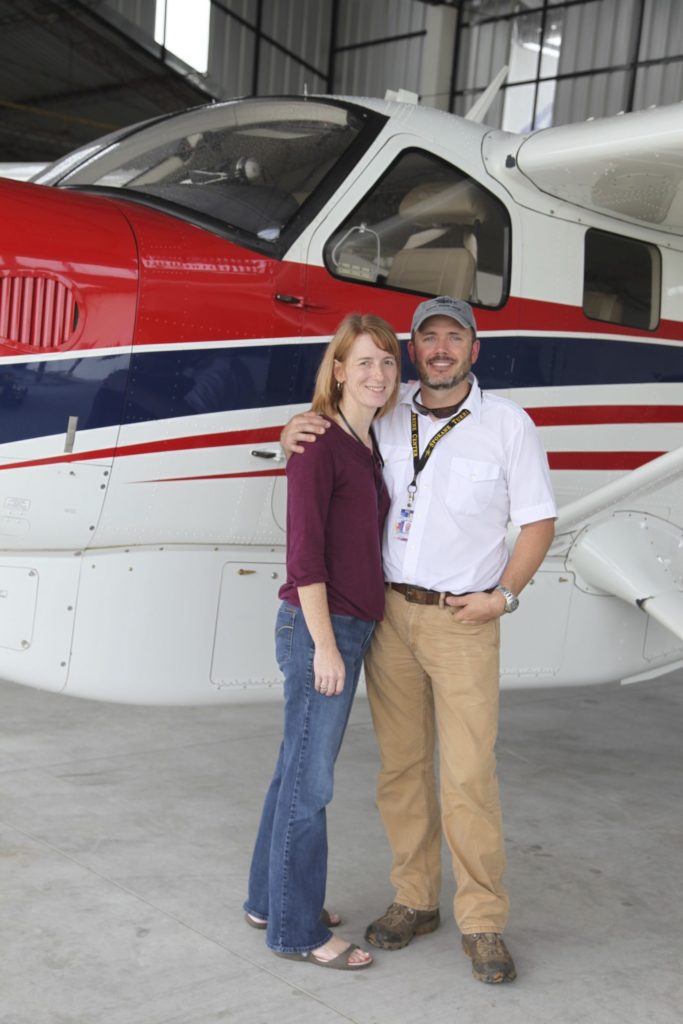
Chad Irwin’s personal story illustrates what it means to be an MAF pilot. As a boy, he was passionate about aviation and about his Christian faith. By high school, he was planning to join the Air Force, but over the summer between his junior and senior year, he went on a mission trip to an orphanage in Belize. That experience made him question whether God had a higher purpose for him. “I could have been the typical little boy who wants to fly airplanes, but I also had that passion for God and for people.” He wondered whether he should give up his aviation dream, but six months later, his high school counselor told him about the aviation training program at Moody Bible Institute, whose FAA certified program trains pilots and aviation mechanics for missionary work in remote areas. (Students earn a commercial pilot license and a Bachelor of Science degree in mission aviation technology.)
Chad spent two years at Moody’s Chicago campus taking Bible classes, then spent three years in the aviation program. Because mission aviation often requires flying in remote parts of the world, pilots earn their commercial pilot certificate, instrument rating, plus high performance, tailwheel, and complex endorsements, and they get maintenance training that culminates in airframe and powerplant certification. While at Moody, he met and married his wife, Andy, who had been heavily involved in missions as well and wanted to become a missionary. Irwin graduated in 1997 and went to work as a flight instructor at Moody for two years to pay off his school bills, then the couple joined MAF in 1999. After working with friends, family, churches, and other sponsors to get funding for their mission, the pair left the U.S. in 2000 to spend a year at language school in Costa Rica, then spent 15 years in Ecuador, raising a family and serving 5 tribal groups in the eastern jungle province of Pastaza. The family was based in the town of Shell, named after the Shell Oil company, which built a base there in the 1930s. MAF took over the town as a base of operations in 1949. The airstrip there is the jumping-off point for all of Ecuador’s eastern jungle, and the MAF group in Shell operates into almost 200 jungle airstrips serving 2 provinces. For eight years, he served as MAF’s Chief of Operations in Ecuador, training other pilots with the team’s Cessna 206 and, the last two years, with the base’s new Kodiak, while continuing to fly and serve the Indigenous communities in that area.
“If you’re a believer and a pilot, I don’t believe there’s any more fulfilling work that you can do with an airplane. We overcome physical, spiritual, even political barriers to reach these people. You are intricately a part of the lives of the people that you’re serving. It is a privilege to bring help, hope, and healing for the isolated.”
Chad Irwin
Irwin says about a third of his missions were church-related: flying missionaries and supplies in and out of remote villages or transporting church-related groups and teachers. Another third were for community development projects, including clean water systems, community building projects, and satellite internet systems. The last third were strictly medical, transporting doctors, and supplies and running an air ambulance service on contract to the Ecuadoran Ministry of Health.
Irwin says his most memorable missions show the transformative power of MAF’s work. In Ecuador, he served alongside several people translating the Bible into the Indigenous Shuar language, work that can take up to 20 years. There was a local Shuar man named Umberto who had been paralyzed in a tree-felling accident and became Christian after the medical flight that saved him. Irwin’s team would pick up and bring the man to meet with the translators to help them, and Irwin will never forget his joy and the celebration when they flew the first Bibles into a village. Another memorable mission was when his team was grounded by weather while transporting a group of Cuban doctors to the dedication ceremony for the Kodiak. They had to divert to Tihueno, a local Guarani community, and a lady from the local church gave of the little food she had to make them a simple meal. Then, she began to speak to the doctors about her faith. “She presented the gospel to them in a way that I never could have.”
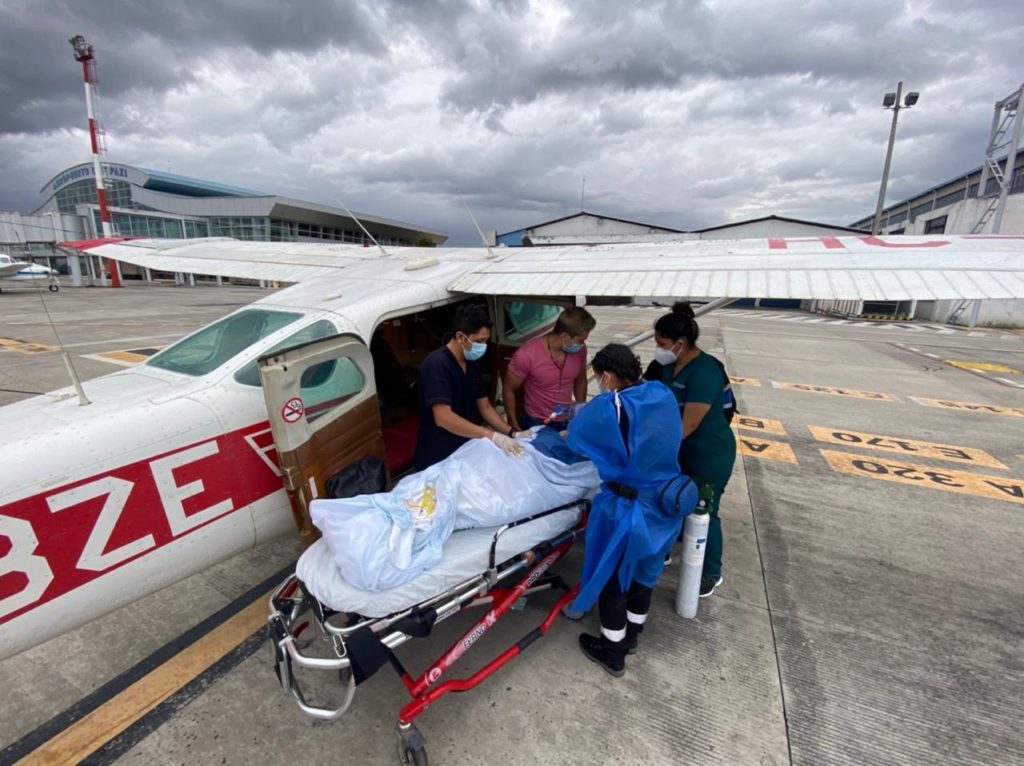
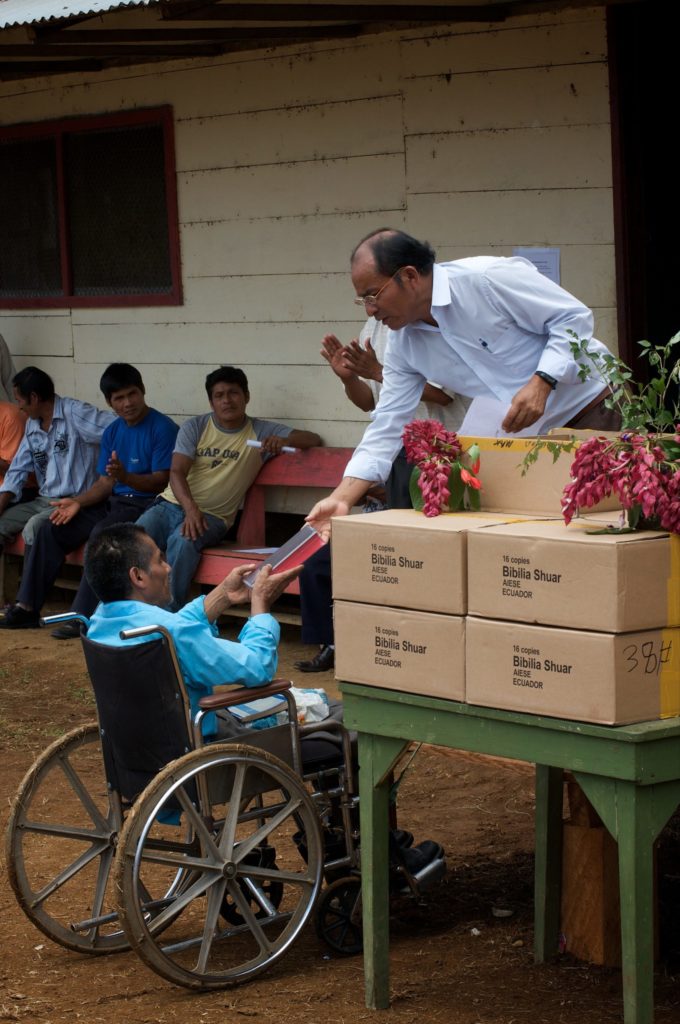
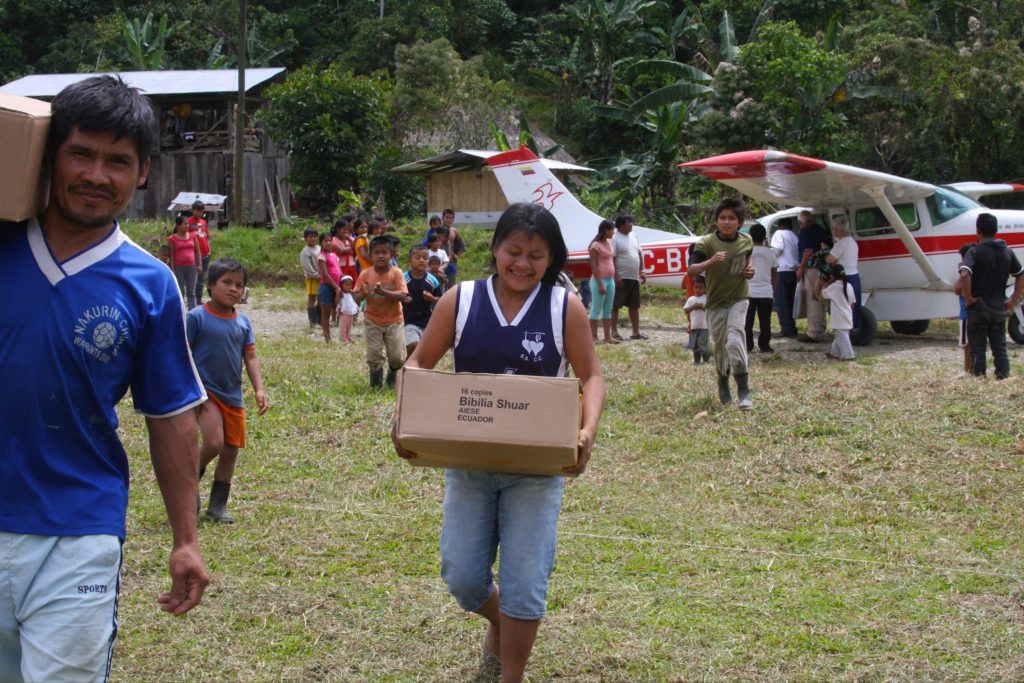
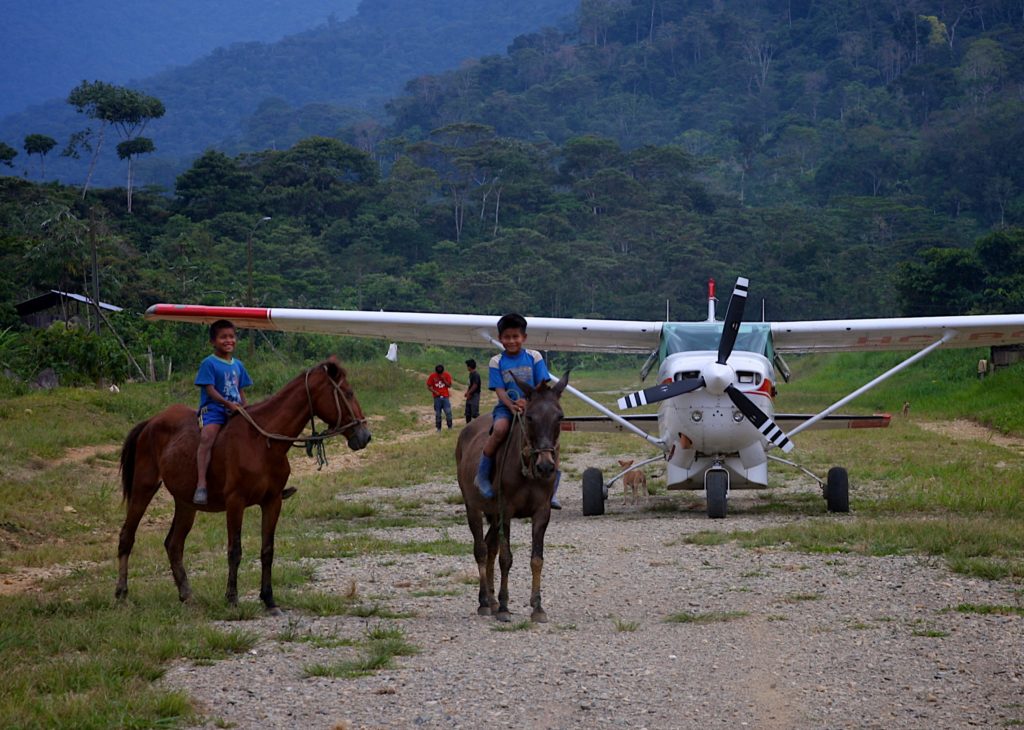
Today, Irwin is Mission Aviation Fellowship’s Director of Operations and Chief Pilot. He oversees all flight training at the organization’s flight training headquarters in Nampa, Idaho. He says while some MAF pilots choose MAF as a second career after commercial aviation, back-country flying, or the armed services, most MAF pilots come out of degree programs, such as the one at Moody Bible Institute, which graduates about 50% of the world’s missionary pilots. To be an MAF pilot, candidates need to be Christian, they need at least 400 hours of flight time with commercial and instrument ratings, at least 12 credit hours of college-level Bible study, and MAF prefers that they are also qualified AMP mechanics. In addition to a passionate faith, he says, they should have “a passion to reach isolated people, interest in living elsewhere in the world and flying to some of the most interesting airstrips you can imagine. . . on the side of a mountain, between trees in the jungle, on the side of a river.” Pilots also need to be fit for physically demanding work such as loading hundreds of pounds of cargo in tropical heat.
Irwin emphasizes that flying for MAF is a career path. Each term of service is four years, and MAF asks people who join to consider signing up for at least two 4-year terms. For he and his family, the MAF path has been a blessing. He and his wife loved raising their family in Ecuador, and their kids still consider it home. The work has satisfied both his passions, to fly and to serve. He says, “If you’re a believer and a pilot, I don’t believe there’s any more fulfilling work that you can do with an airplane. We overcome physical, spiritual, even political barriers to reach these people. You are intricately a part of the lives of the people that you’re serving. It is a privilege to bring help, hope, and healing for the isolated.”

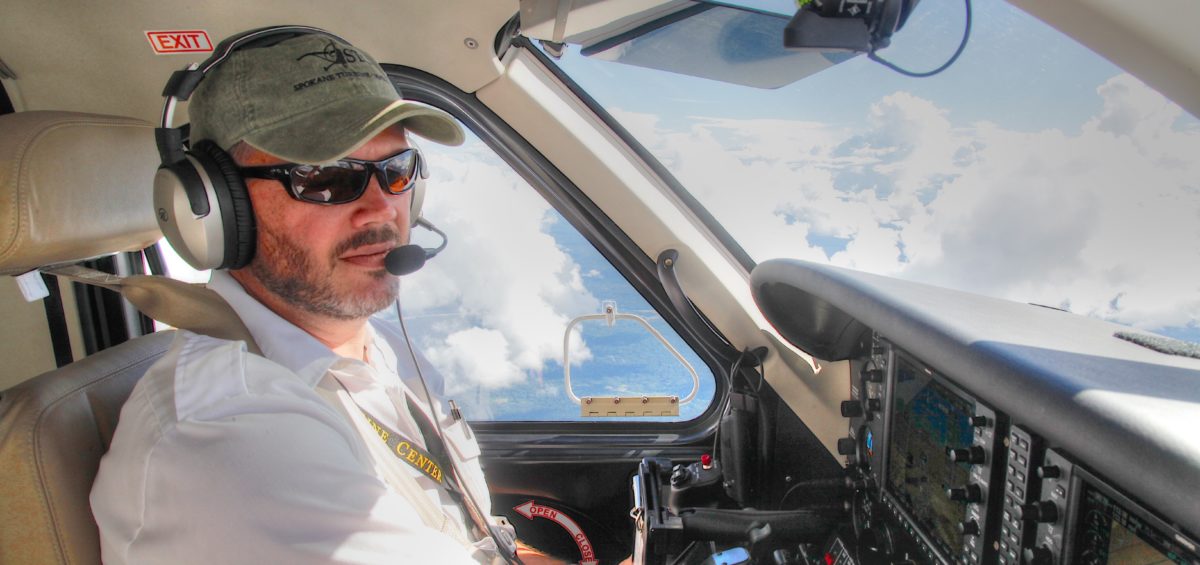
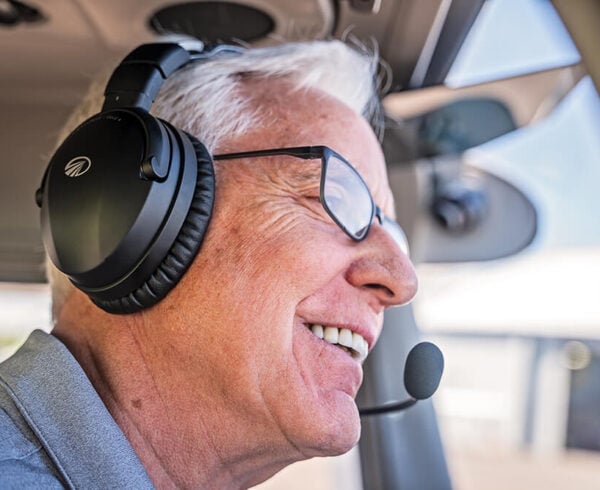
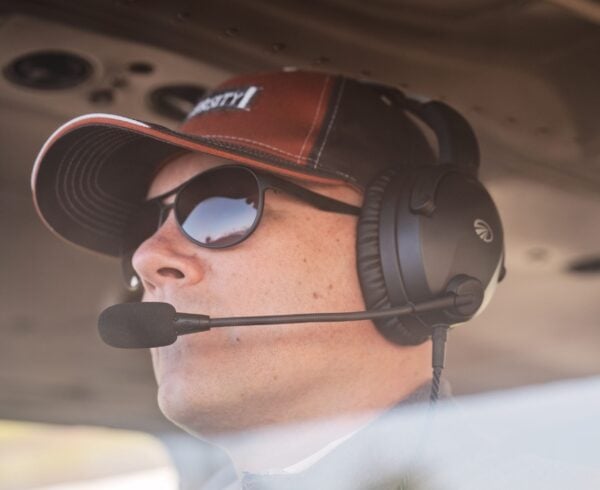
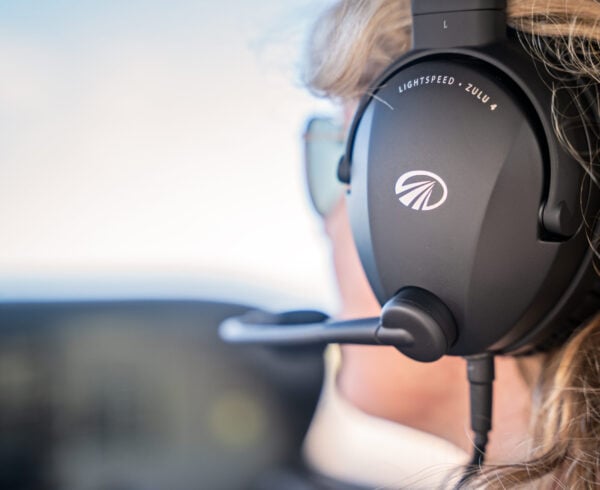

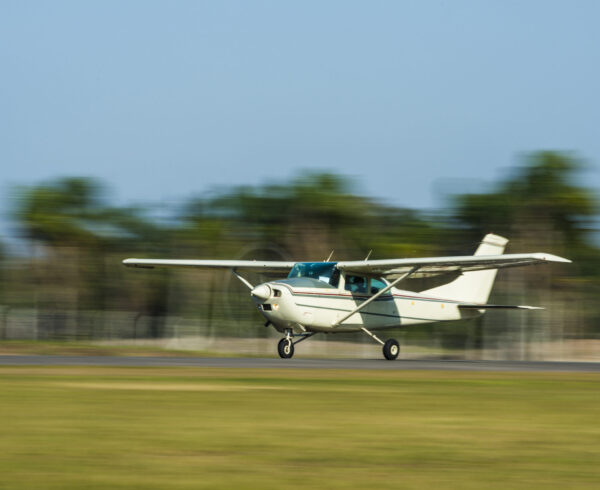







Leave a Comment